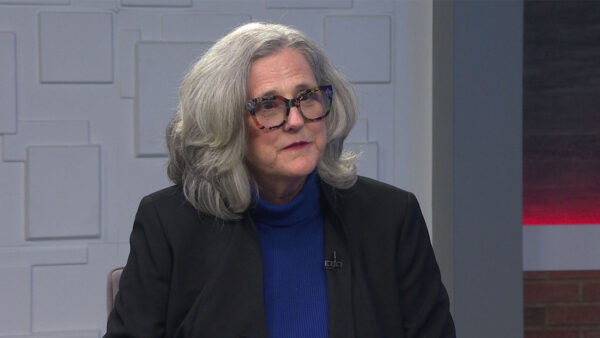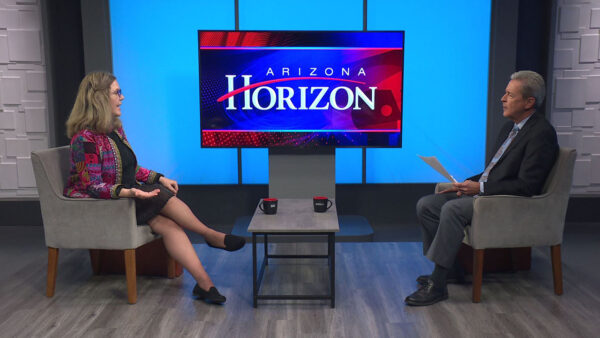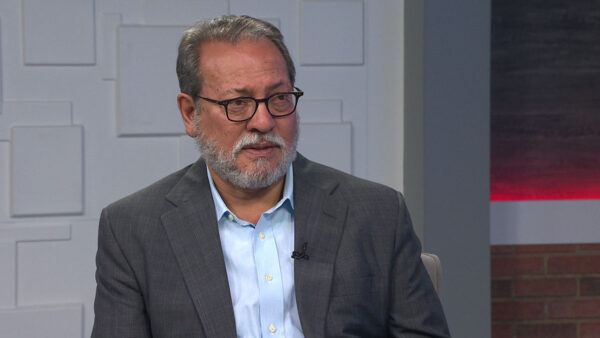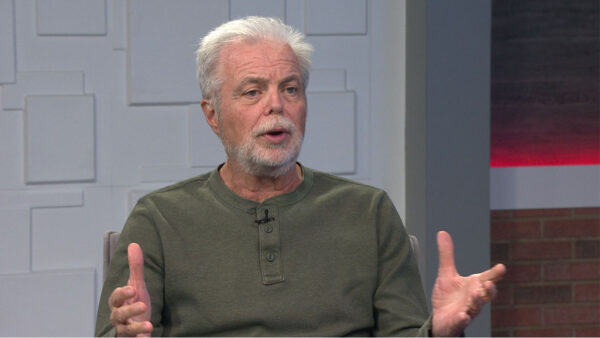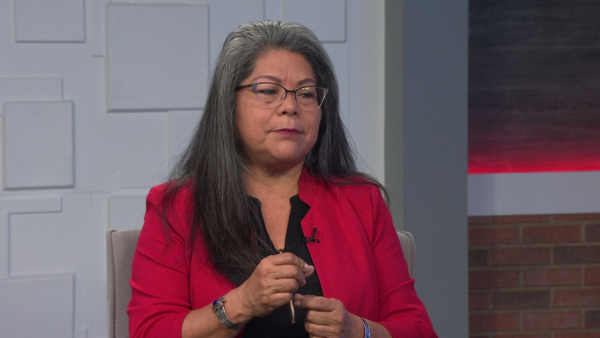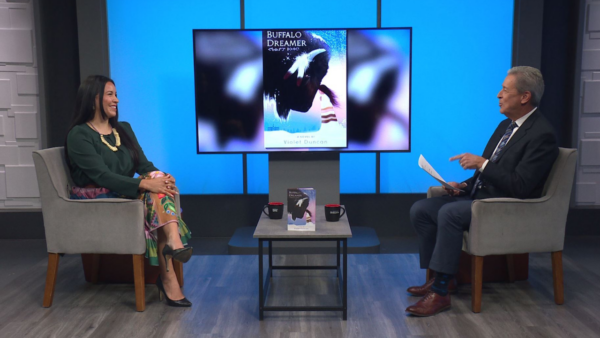“Feminista Frequencies” book looks at one of the first full-time Spanish-language radio stations
May 5, 2022
A new book, titled “Feminista Frequencies,” looks at one of the first full-time Spanish-language community radio stations in the country. That station went on the air over 40-years ago in Washington State, with a number of Arizona connections. We’re joined now by ASU professor Monica de la Torre, the author of “Feminista Frequencies.”
Give me an idea of what “community building by way of radio” is.
Torre: “As we are on a public broadcasting station we it is a vital component of community building. It is the way that each other, through the news, through segments like this one, and it became a really powerful way for Spanish speaking farm worker communities throughout the country to build community with each other, as both listeners and producers of radio.”
What does the book focus on?
Torre: “The book focuses on the general area of the Yakima Valley in Eastern Washington, but it is just one example of many, many community radio stations that were led by Mexican-American farm workers and activists.”
How did this all get started?
Torre: “KDNA was a project started by Chicano and Chicana activists, farm worker activists in the region who were looking for a way to connect with the farm workers who were, as you just noted, were migrating and coming in seasonally from places like Arizona, and they were picking crop and picking fruits and needed a place, a way, to connect with each other and learn about community within the region. There was not any other outlet for Spanish speaking communities, and so this group, one of them being the one woman co-founder that I have worked with being Rosa Ramon, who was born here in Arizona, she, with the same group, learned everything about started a radio station from the FCC application all the way through building the radio tower.”







